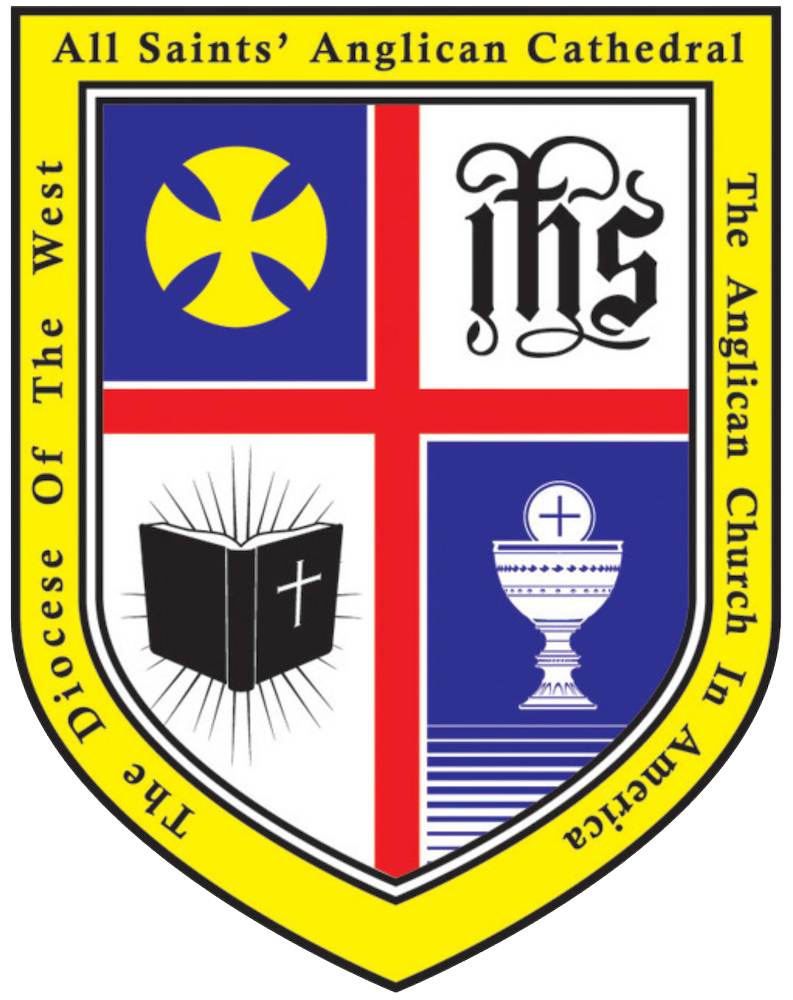Holy Week
In one of the poems of the German author Bertolt Brecht, there is the following little reflection: “I sit by the roadside / The driver changes the wheel. / I do not like the place I have come from. / I do not like the place I am going to. / Why with impatience do I / Watch him changing the wheel?”
The background to this image is the popular uprising that took place in East Germany in the summer of 1953, to which Brecht, who worked closely with the communist government, reacted painfully. On the one hand, he belonged to those apparently naive artists who supported the "idea of progress", but on the other hand, he saw that another Utopia was being built, as always, at the cost of violence and severe suffering, and that nothing but a terrible and disgusting monster would emerge from it.
Brecht is often considered an atheist writer, but this is debatable. In fact, it seems that his "atheism" was more a fear of God's judgment and eternal punishment in hell, from which he found a way out by denying them. Yet it is clear that God occasionally gave him the opportunity to see more deeply than he himself might have expected. Like, for example, in this reflection on changing a wheel.
We can leave aside the political aspect, because it has sunk into the darkness of history. But the universal human questions remain. Where are we coming from? Where are we going? Is our direction the right one, or should we change something more than the wheel? These questions may make us impatient. Or even more: they may distress us, make us anxious and feel uncomfortable, frighten us as Bertolt Brecht was afraid of the judgment of God and the punishment of hell.
We need not fear these questions, for ultimately it is God who has placed them in our hearts, and Holy Week is the best time to seek answers to them. But we must not forget that the only place where we can find true answers to these most important questions is the Cross of Christ.
